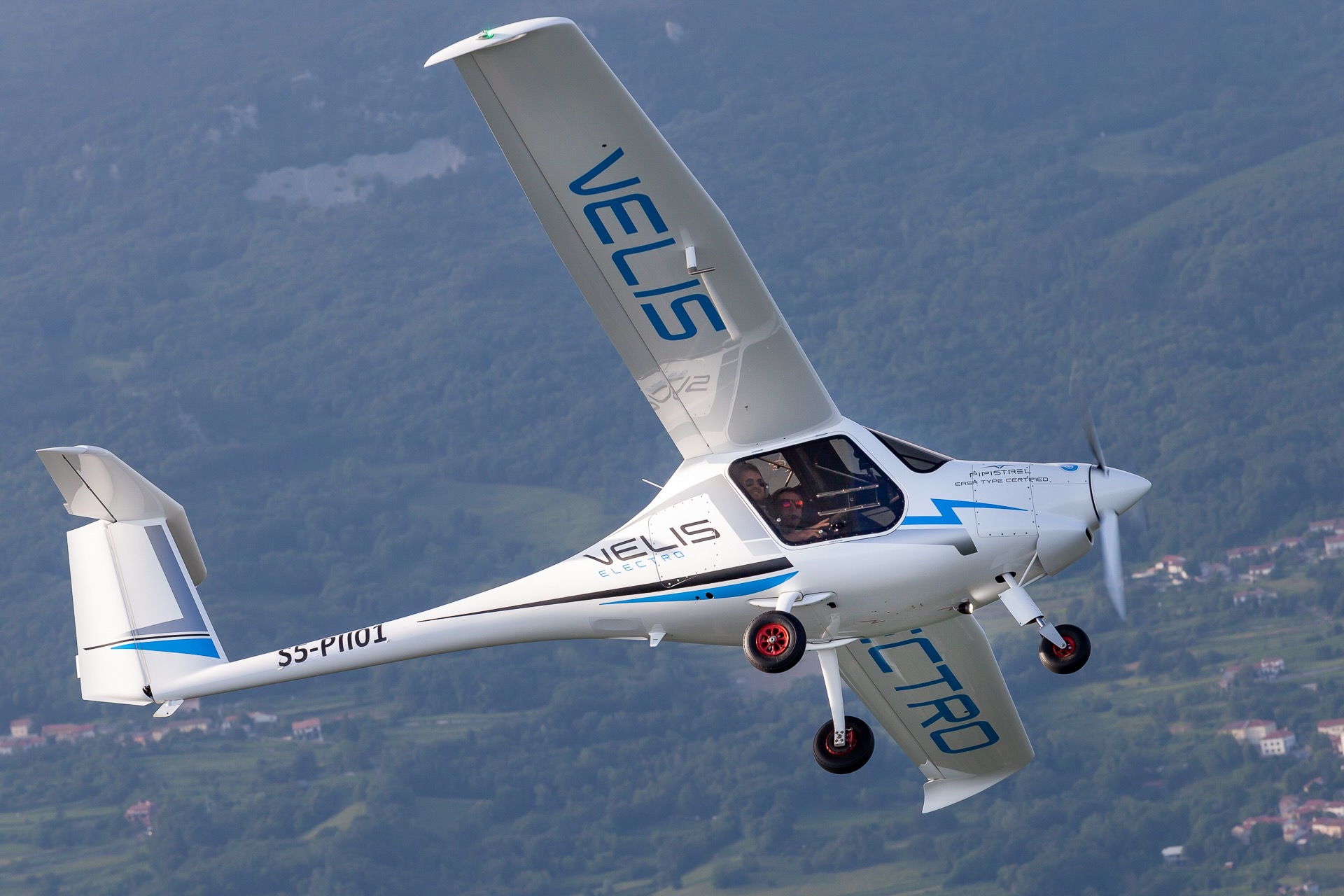Log-in here if you’re already a subscriber
For all of the investment in and hype around electric flight, the market for electric aircraft remains largely theoretical. Uncertainty around enabling technologies like batteries means the business cases for these products are still murky, justifying a “wait and see” approach by major aerospace players while pioneering startups have driven the space forward.
On Thursday, Textron signaled that it sees a genuine future for electric flight. It’s acquiring Pipistrel, which will become the foundation of a new Textron eAviation business unit. In 2020, the Slovenian light aircraft manufacturer became the first (and so far the only) company to type certify an electric airplane with a Western regulator, the European Union Aviation Safety Agency.
Related: Bell wants to lead the revolution that’s trying to kill it
“There’s a lot of people talking about sustainable aviation and sustainable technology. I think one thing that makes Pipistrel unique is they’ve actually done it,” eAviation head Rob Scholl told The Air Current. “You look at what they’ve achieved so far in their 33-year history, and you combine that with Textron’s resources and our expertise … We view this as a great opportunity to help further sustainable technology in aviation and bring real solutions to customers and real value to our shareholders.”
The industrial giant Textron has the attributes – favorable and unfavorable – of having been around for a long time. It doesn’t have to loudly hype its technological and product viability to excite investors, it doesn’t have to stand up an organization from nothing, and it has a balance sheet and engineering bench that would make any newcomer envious. It also is weighed down by the institutional inertia, silos, competing internal priorities and executive attention spans that come with a sprawling aerospace conglomerate, antithetical to the fast-moving and creative startups.
Continue Reading...Subscribe to Continue Reading
Our award-winning aerospace reporting combines the highest standards of journalism with the level of technical detail and rigor expected by a sophisticated industry audience.
- Exclusive reporting and analysis on the strategy and technology of flying
- Full access to our archive of industry intelligence
- We respect your time; everything we publish earns your attention


